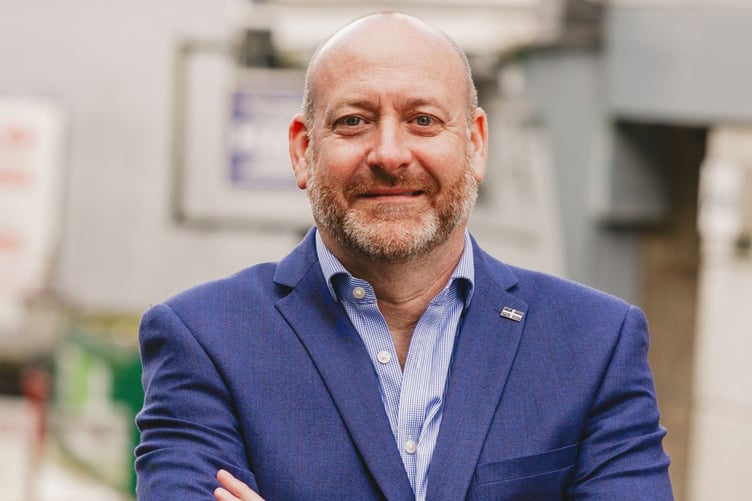Last week I chaired the Electric Vehicle (EV) All Party Parliamentary Group (APPG). I was asked to do so based on my 25 years of experience working in the automotive and the EV industry.
Following Vauxhall’s announcement of the Luton factory closure last week, there had been questions about government’s EV policy, with a few calls for less ambition EV targets. Given my experience, it will come as no surprise that I have retained an unshakable belief in the electrification of transport. But at the EV APPG we were able to debate a lack of consumer confidence in the technology and the infrastructure to support it.
There is no doubt that confidence has been dampened, because of the Conservative government’s decision to push back the ban on the sale of new petrol and diesel vehicles, which the new Labour government has now brought forward to the original target of 2030. But there has also been a campaign of myth peddling by some of the media, despite the fact that EVs are cheaper across the vehicle’s lifetime, greener, and in my opinion a much more exhilarating drive.
The first myth is about EV’s being a fire hazard. Occasionally, a story seems to emerge about an EV that has spontaneously combusted or caught fire due to warmer weather. Clearly no one wants to drive a car at risk of imploding, but I can tell you this myth is completely untrue. Petrol and diesel cars are 20 times more likely to catch fire than EVs due to the heat and flammable liquids involved in the internal combustion process. The second myth people worry about is pricing.
EVs have a higher upfront cost compared with petrol and diesel cars, which is incidentally why salary sacrifice schemes have been successful in getting so many EVs on the road. However, because electricity prices are lower and less volatile than fossil fuel prices, and because EVs generally require less maintenance, there are savings across the vehicle’s lifetime.
Finally, there are many who worry that there isn’t enough charging infrastructure to power all these new EVs. We are going to need to roll out a huge number of charge points to meet future demand but there are more out there than you may think. The size of the public charging network has seen a dramatic increase, doubling to 60,000 chargers in the last two years.
To build trust in our transition to net-zero point, we must get rid of all the misleading comments that are espoused by certain parts of the media. The Conservative rollbacks last year undermined consumer confidence and stalled investment.
Alarmist campaigns and misinformed headlines do the same. This government is looking ahead to an electric transport future and is working to lay the foundations for the enterprises and technologies that will get us there. For my part, although we clearly have higher local priorities, I will continue to also push the government to present clear unambiguous targets, supported by factual information, so consumers can make informed decisions.
Perran Moon
Labour MP for Camborne and Redruth




Comments
This article has no comments yet. Be the first to leave a comment.